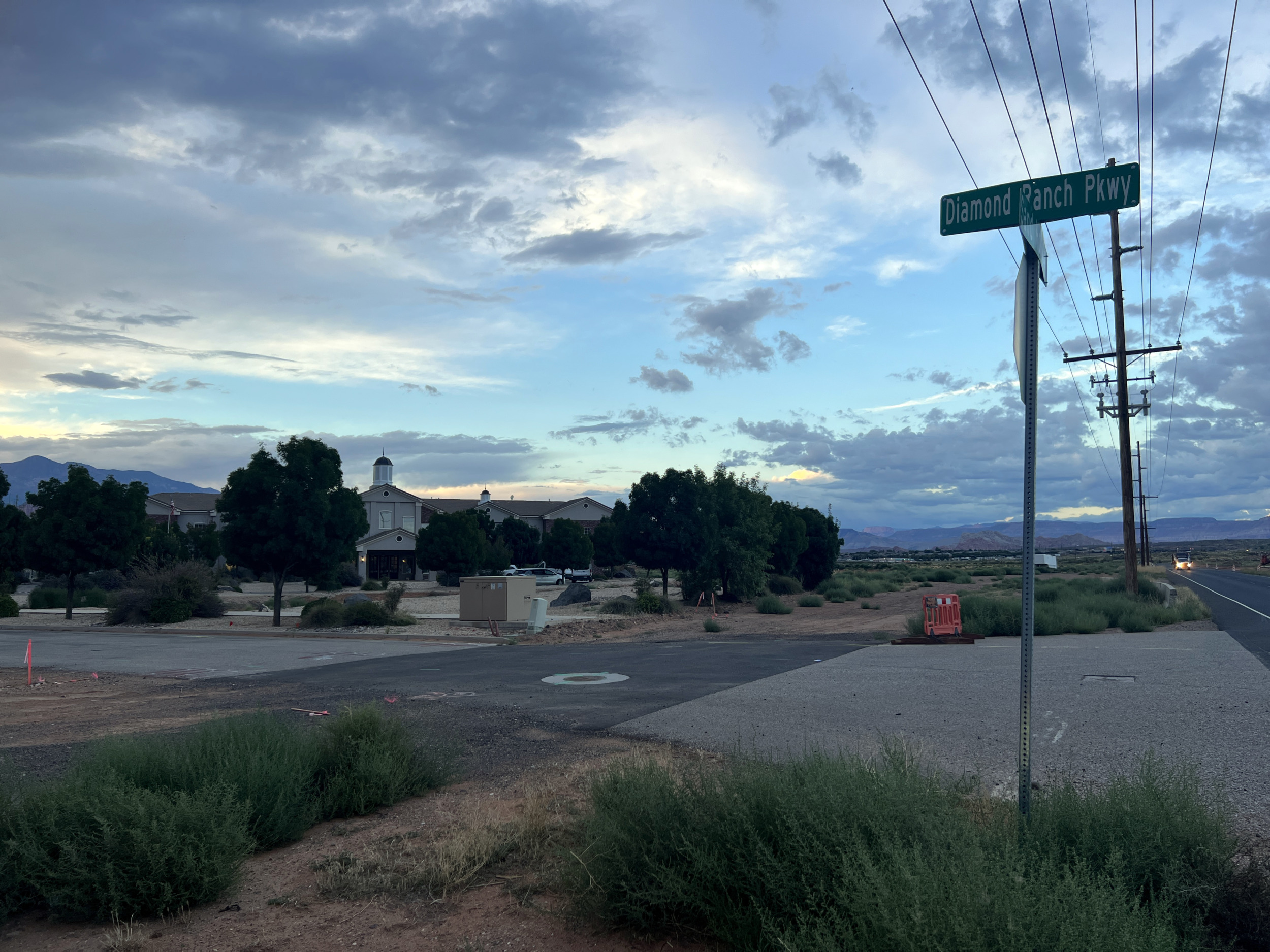Utah shut down last month a youth residential treatment center being sued in connection with the death of a 17-year-old girl. The Aug. 14 closure of Diamond Ranch Academy ended its nearly 25-year run as a residential treatment center that promised to help adolescents with behavioral, mental health or substance abuse challenges.
The case was one of the first tests of the state’s recent legislation aimed at regulating its lucrative “troubled teen industry,” which brings hundreds of millions of dollars into Utah’s economy every year caring for teens and children with mental illness, substance abuse and behavioral issues.
In denying Diamond Ranch Academy’s request for a license renewal, the Utah Department of Health and Human Services cited a finding of severe physical neglect issued by Child Protective Services against the school’s assistant medical director, as well as two previous client deaths, corrective action plans and conditional licenses. The decision was handed down by the Utah Department of Health and Human Services just a day after a Utah Department of Commerce review panel determined that Diamond Ranch Academy had “breached the standard of care” in several ways before the death of Taylor Goodridge, who died due to an “easily treatable” infection of the abdomen tissue, according to an excerpt from the girl’s autopsy report released by her family’s lawyer.
“It’s clear that Utah is struggling, that these programs are struggling,” said Meg Appelgate, CEO of Unsilenced, an advocacy group critical of facilities like Diamond Ranch. “The continued pressure from survivors is making a huge dent, and it isn’t just Diamond Ranch, it’s the whole industry,” she said, pointing to the Department of Commerce’s findings, in which the panel “expressed concerns over the entire industry with residential treatment facilities for adolescents.”
[Related: Proposed reforms of ‘troubled teen industry’ fall short of promises]
In a statement announcing its closure, the school’s executive director, Ricky Dias, called the state’s assessment unfair.
“The decision to cease operations has been spurned by unfair treatment from the State of Utah which has consistently demonstrated its lack of concern for the safety, well-being, and treatment of youth in programs,” Dias said in the statement. “Additionally, the Utah State Department of Health Services and CPS failed to provide due process to [Diamond Ranch Academy] and have made false allegations against [Diamond Ranch Academy]’s assistant medical director and [Diamond Ranch Academy] which will be refuted in court.”
The school’s attorneys declined to comment further, citing ongoing litigation between the Goodridge family and Diamond Ranch Academy.
The denial of the school’s application for license renewal was the first in at least five years for Utah’s Department of Health and Human Services, whose role has been described by its directors as one of “technical assistance,” with the goal of helping programs improve rather than shutting them down.
Just four months prior, the state revised the conditions placed on Diamond Ranch Academy’s license in the wake of Taylor’s death, which had included a ban on any new enrollment, and allowed the school to begin admitting new students again.
Emails between officials at the Department of Health and Human Services, obtained by Unsilenced and shared with Youth Today, show that as state officials weighed allowing Diamond Ranch to accept new students, the facility was threatening to sue.
“[The attorney] said that DRA is going to sue the State for damages, and we will be in litigation for a long time,” wrote Assistant Attorney General Brittany Huff. “If, within the next few days, DHHS decides to remove the ban on admissions of new students, they have new students waiting to enroll and that will go a long way to ‘mend fences,’ and would likely avoid long-term litigation.” By March 17, the school was permitted to begin enrolling students again.
When asked what prompted the shift from relaxed sanctions to license denial, Department of Health and Human Services spokesperson Katie England said state code allows the office to consider the “chronicity, severity, and pervasiveness of a violation” when determining whether to issue or renew a license.
England also pointed to the state’s response to a June 2023 report from Utah’s Disability Law Center which claimed that “Utah Licensing has continued to repeatedly fail to protect children in these facilities from serious harm,” as evidence of the department’s commitment to increased oversight within the scope of its regulatory authority.
“The Department of Health and Human Services Office of Licensing is serious about owning the challenge before us,” she said. “Decisions made about [Diamond Ranch] and any other program are based on our responsibility and goal to make sure all individuals in facilities we license are able to live safe and healthy lives.”
Agency efforts include implementing a non-compliance process for human service providers, implementing fines for human service providers who are not complying with licensing rules, and adding facility compliance history to the department’s website, England said. Since Diamond Ranch Academy’s license was not revoked, there are no restrictions on applying for a new license or being involved with any other licensee.
***
Ellen Ranta Olson is a Utah-based journalist.




























